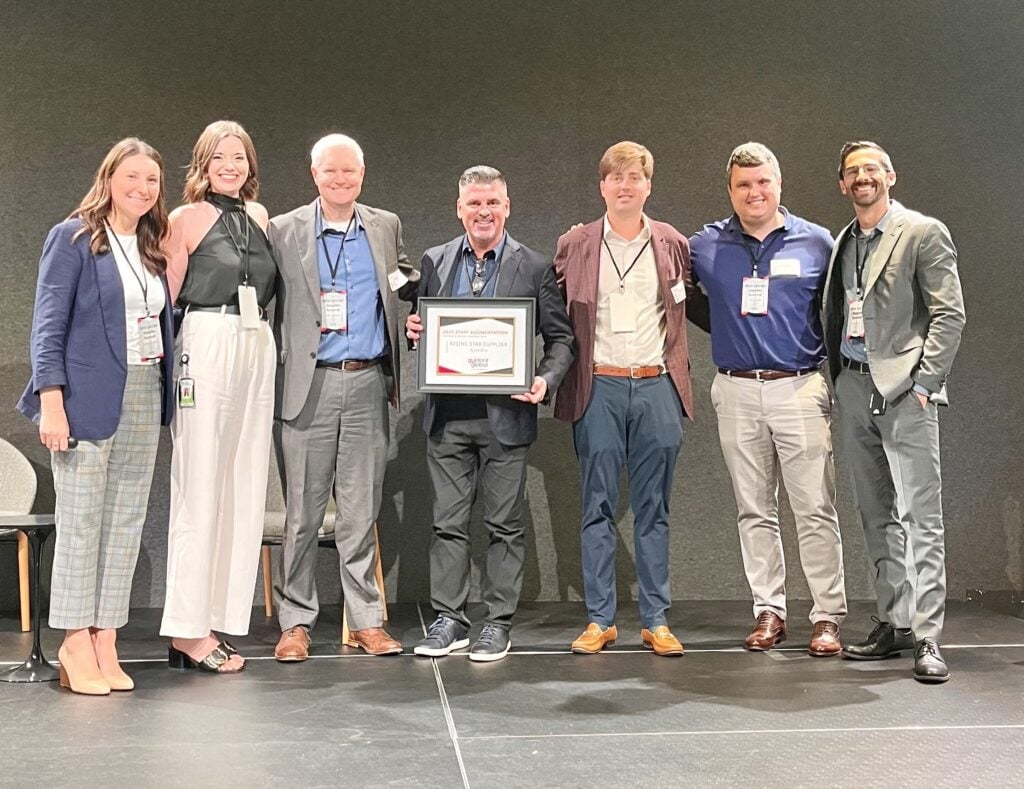
17 Tips to Ace Your Next Job Interview
 The saying “first impressions are everything”, is never as resonating as it is when speaking about a job interview. Snap judgments are commonplace in interviews because your initial impression here tells an employer a lot about how you will be as a potential employee.
The saying “first impressions are everything”, is never as resonating as it is when speaking about a job interview. Snap judgments are commonplace in interviews because your initial impression here tells an employer a lot about how you will be as a potential employee.
Job interviews can be likened to auditioning for a role in a play, or trying out for a sports team. You only have a short amount of time to highlight all of your skills and make yourself stand out from any other applicants. Many times you may only have as little as 15 minutes to truly impress your interviewer. This may seem intimidating, but you have nothing to worry about as long as you keep a few things in mind. Remember the 17 tips below and you’ll be sure to have success at your next interview!
- Be prepared by:
- Identifying and assessing your strengths
- Gathering information about the company and potential employer
- Anticipating and preparing for questions (Here is a good resource of 100 potential interview questions)
- Practicing answering questions with a friend or tape recorder
- Be on time! It’s best to give yourself at least an extra 15 minutes to allow for any unexpected delays.
- Ensure that you have a professional appearance - be well-dressed and groomed (For tips on dressing/appearance for your interview, check out: Dressing for Success and What to Wear: That is the Question).
- Lock up pessimism and negative attitudes, and throw away the key! Neither have any place in an interview.
- Be confident - show only an appropriate amount of self-esteem to not seem conceited.
- Demonstrate good listening skills (maintain eye contact, be aware of your body language, repeat/acknowledge key points).
- Ask questions about the job or employer. Asking questions is often more important than answering them. Some possible topics to ask about:
- Opportunities available for advancement
- Management and decision-making styles, as well as key team strategies (if you will be working closely with a team)
- Degree of autonomy permitted
- Internal politics, company history/direction (this is a good time to bring up key points you've learned from your research)
- The types of projects you will be working on
- Backgrounds of clients you will be working with (again a good time to bring up anything you learned from your research in this area)
- Support your accomplishments with specific examples illustrating what you did.
- Turn potential negatives into positives - be ready for any questions about you background (i.e. gaps in employment, relocating often, etc.) and what the interviewer may have learned from past employers/references (i.e. prolonged absences, reason for leaving a position, etc.).
- Tell the interviewer why you think your work-related skills and accomplishments would be an asset to the company.
- Mention one or two personal characteristics that have helped you accomplish your goals, giving short examples to illustrate.
- When describing your education or work history, make it brief. If you have been given an interview, chances are they have already reviewed those when reading your resume. (To make sure that your resume is sparkling, check out Resume for Success and Win the Job Race With the "Write" Resume)
- Stress benefits you are likely to provide for the employer, and why you will be an asset to their team.
- Talk about yourself by telling stories, but make them short and on subject.
- Avoid using monosyllabic answers like yes and no. Give thoughtful answers, but keep them concise and not rambling.
- Tell the interviewer about things you have done and jobs you have had related to the position you are interviewing for.
- Always follow up your interview with a quick email thanking your potential employer for their time and expressing your excitement about the position. It may also be a good idea to send a personalized note card thanking the interviewer if you have a physical address for the business.
Remember that if you have gotten as far as an interview, you have already beaten the odds of standing out from other applicants in the first phase. Don’t let the prospect of quick judgments fray your nerves – stay relaxed and confident and you’ll be sure to put your best foot forward to turn a stressful situation into a great opportunity!
Do you have any advice that has helped you perform well at an interview? Let us know about it below!


